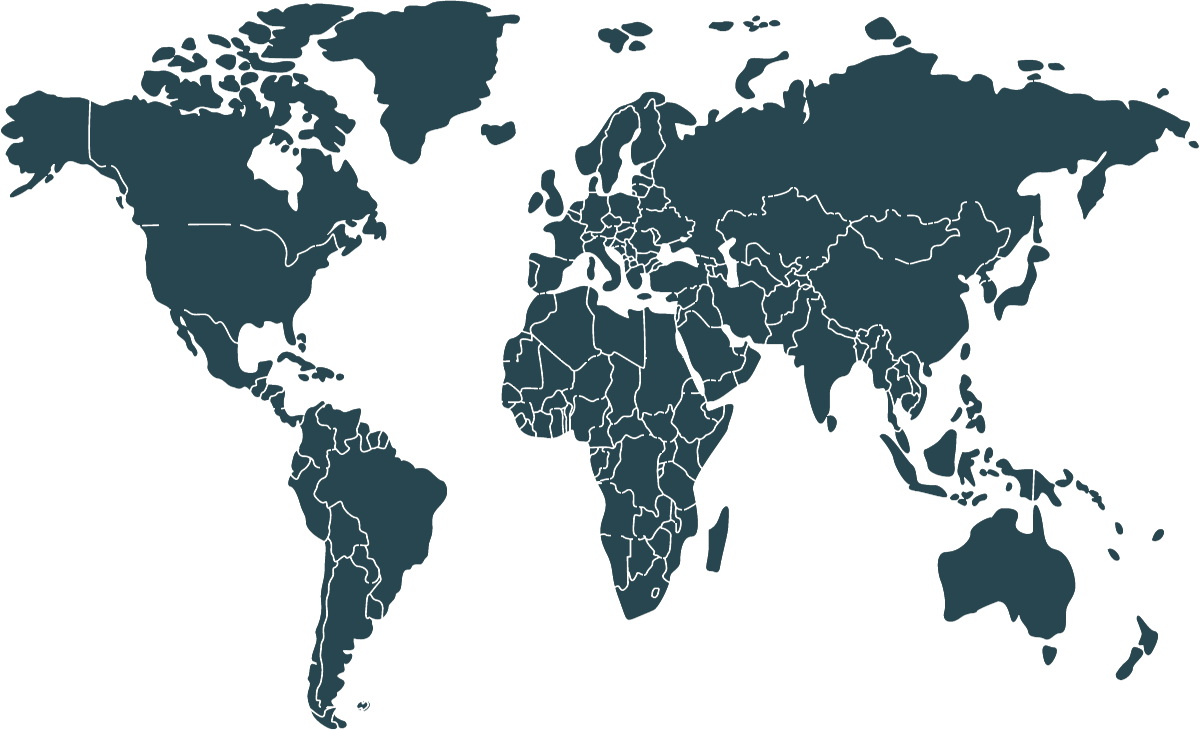*Since the date of this news item’s publication, the organization ‘The International REC Standard Foundation’ has changed to ‘The International Tracking Standard Foundation: Founder of I-REC (I-TRACK Foundation).’
The European Commission has now adopted the European Sustainability Reporting Standards (ESRS) as part of its updated Corporate Sustainability Reporting Directive (CSRD) ((EU) 2022/2464). With this framework, the Commission aims to standardize the disclosure of sustainability risk and performance reporting for companies with European operations.
Under the ESRS E1 Climate Change Standard, the Commission has mandated that Scope 2 emissions accounting and total emissions reporting must take into account both location and market-based Scope 2 emission calculations (Article 49). We are highly supportive of the approach that the Commission has taken to align its Standards to the Greenhouse Gas Protocol by adopting a balanced approach and mandating disclosure of both market-based and locational emissions.
This approach is also in alignment with major voluntary reporting standards such as CDP, RE100, SBTi, and the Global Reporting Initiative (GRI). One framework that is notably absent from this list is the International Sustainability Standards Board (ISSB) and their inaugural sustainability standards – IFRS S1 and IFRS S2 – that were released in June 2023.
We believe the ISSB’s decision to only mandate the disclosure of location-based Scope 2 emissions should be reviewed in the context of these other frameworks, as well as the work of leading policymakers such as the EU Commission’s CSRD and the US SEC’s proposed 2023 Climate Disclosure rule changes.
As we have outlined in our previous piece, the ISSB’s decision to allow disclosing entities to only use location-based accounting could
- weaken corporate accountability and permit entities to selectively showcase market-based solutions;
- place unfair economic burdens on less developed nations, specifically those in the Global South; and
- create downstream issues aligning environmental policies such as the Carbon Border Adjustment Mechanism (CBAM) with fairness principles put forth by the World Trade Organization (WTO).
With increasing public scrutiny of corporate sustainability reporting, it is imperative that voluntary frameworks (e.g., ISSB) and compliance requirements (e.g., ESRS) work together towards practical, robust, and consistent sustainability disclosure across the globe.
In shaping our common future, we underscore the importance of engagement and input on this critical matter and encourage stakeholders to participate in the ISSB’s decision-making process.
For further information:
- Previous I-REC response to the release of ISSB Standards
- EU Corporate Sustainability Reporting Directive
- EU CSRD Annex 1 – ESRS
- European Commission Q&A CSRD
- IFRS S2 – Climate-related Disclosures
- ISSB – International Sustainability Standards Board
- US SEC’s proposed Rule change to enhance climate-related disclosures
